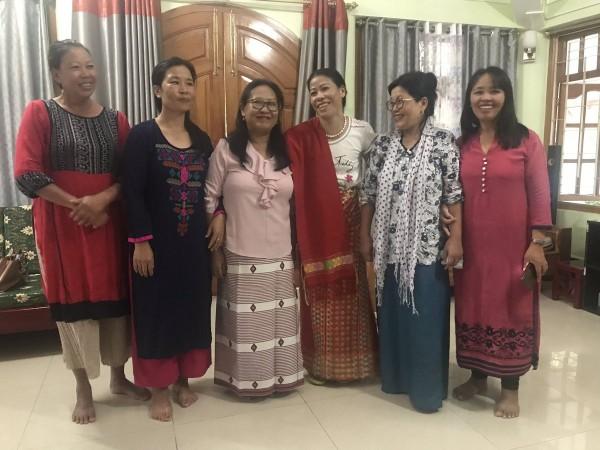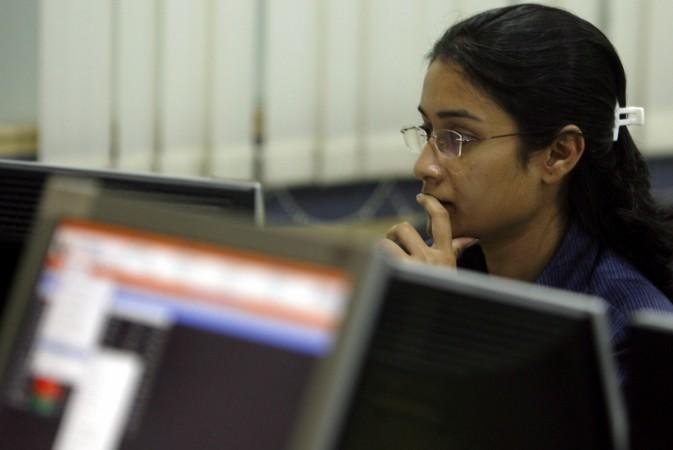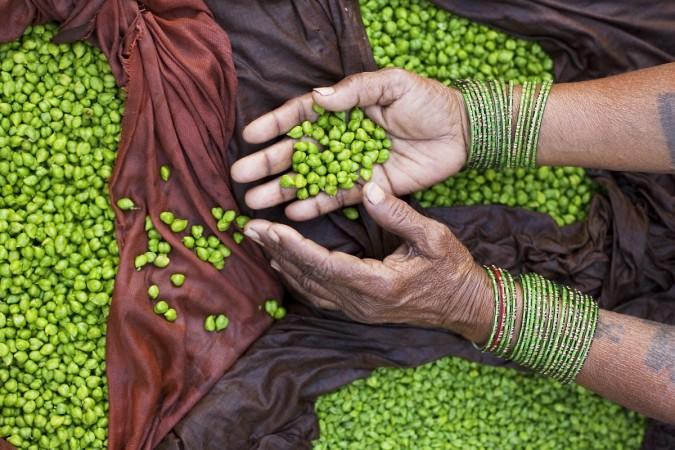International Women's Day is around the corner and there could not be a more opportune time to discuss how is it to be a woman in current times and take stock of the progress we have made in our journey to achieve equality.
Being a woman means a different thing to a different person. To some, she may be a symbol of weakness, to others she could be an embodiment of immense courage and strength. This difference in perception and to some extent the reality is not only because of how women conduct themselves in a given situation but also how we as a society propelled them to behave in a certain way.

Quintessentially, noting significant can be achieved without inner courage but the support from family, friends, and society at large cant not be discounted.
Internation Women's Day is celebrated in honour of working women who seek equal rights and abolition of discrimination on the basis of gender. This year the theme for International Women's Day (8 March) 2020 is, "I am Generation Equality: Realizing Women's Rights." This marks the 25th anniversary of the Beijing Declaration and Platform for Action-the most progressive roadmap for the empowerment of women and girls, everywhere.
Keeping our focus on India, to see how we have fared, here are five areas where women still find it difficult to overcome and reject discrimination. These range from safety issue to pay inequality to rent a house in a new city, etc.
1. Violence against women
Violence against women and girls is widespread in India. Women in any part of the society are not spared of violence in one or the other form. From physical to sexual violence, women and girls are subjected to all kinds of violence both in the personal and professional sphere.

According to the latest National Crime Record Bureau (NCRB) report over 34,000 rapes were reported in 2018, which translates to one rape case every 15 minutes on average.
Let these data and some high profile rape cases like 2012 Nirbhaya case and a rape case where a teenager in UP was raped by a BJP MLA not beguile you in believing that only the women of the middle or lower section of the society are vulnerable.
Amnesty International issued a report at the beginning of this year that in the run-up of the general elections in 2019, women politicians received "substantially higher online abuse than their UK and USA counterparts."
![Working woman [Representational Image] Working woman](https://data1.ibtimes.co.in/en/full/638250/working-woman.jpg?h=450&l=50&t=40)
2. Gender pay inequality
Women in India are far away from getting equal pay as men. According to one latest report in Monster Salary Index (MSI), women earn 19 per cent less than men on average in every sector. The reports find that the pay gap is for many reasons including discrimination at work and gap in working years due to maternity.
The perception that women are less serious after marriage and would not put in as many hours as men perpetuate the discrimination against them in the organization.
Considering that it is a reality that a couple would need some time off to take care of a newborn child, why only women face discrimination for taking maternity leave. For one reason, that men are not expected to take paternity leave for caring for the child. This imbalance works in favour of men who see their career rise whereas women settle with either with no professional career or being underemployed.
3. Prejudice against single woman
With so much of modernisation and success of movement on women empowerment, women are getting good education and awareness to advance their careers. And in many instances, they have to relocate to a new city for their jobs or occupation. But, it's not easy for a woman to find a house in a good locality and settle there.

The prejudice against women, especially if they are single and from a minority group, is entrenched in the society in a very unsaid way. People would not directly speak out about it but would also not rent a house or flat to them.
4. Family planning
When it comes to family planning, women in India hardly have any choice than to follow her husband or in-laws' wishes. Irrespective of the number of births she had already given or her health condition, women are expected to bear a child if in-laws want it.
This in many cases put the lives of women in danger, scuttle their chances of making any growth in their careers and remain inbound in raising a family.
The decision to raise a family and have a child should be a decision of the husband and wife.
5. Legal aid
Over 45 per cent of our women's population lives in villages. They are a section of the society that is more vulnerable to all sorts of violence and discrimination with little expectation of any legal help in the absence of formal reporting on their cases.
And since there is no report and very little legal remedy, their cases go unnoticed and situation unimproved.

There are many issues that need the participation of people and the government to improve the situation for women and girls in India. though there have been legislative solutions for reducing discrimination against women, not much would improve those laws are implemented and society change their perception about women for better. On the occasion of International Women's Day, we can resolve to do our bit to help improve the condition in our country.

















